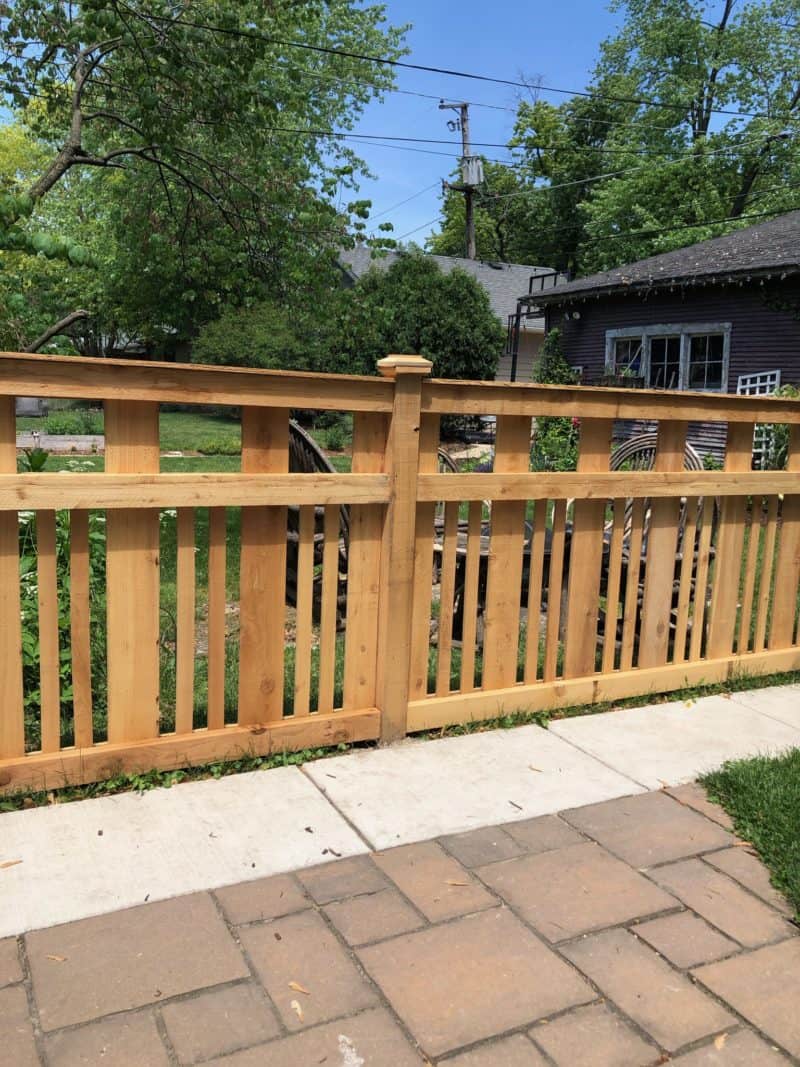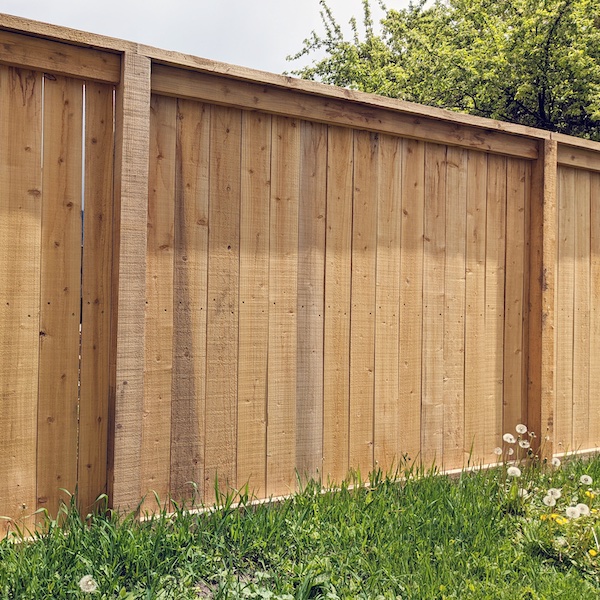Featured

When intending to set up a fence around your home, one of the initial steps is recognizing the permitting demands in your area. Here's what you require to recognize concerning obtaining the needed permits for your fencing installation.
Why Do You Required an Authorization for a Fence? An authorization is typically needed for fence setups to guarantee compliance with local structure codes, zoning regulations, and safety regulations. Permitting aids regional authorities maintain harmony in area aesthetic appeals, safety, and environmental considerations. It likewise makes certain that the fencing does not interfere with utility lines or public rooms, and that it sticks to height and border limitations.

Typical Licenses Needed for Fencing Setup. Structure Authorization. The majority of areas require a structure authorization for fencing setup, particularly if the fencing goes beyond a particular elevation (normally over 6 feet) or is made from non-standard products. This authorization makes sure that your fencing conforms with neighborhood building ordinance. In some areas, the structure division will check the site to make sure that the fence meets safety and security and structural standards.
Zoning License. Zoning permits are created to make sure that your fence abides by regional zoning legislations, including problems from property lines, easements, and rights-of-way. Zoning laws differ from city to city, and in some cases, your fencing may require to be established back a particular number of feet from the walkway or roadway. A zoning permit might additionally be essential if your fencing remains in a historical area or other specially assigned locations.

Fencing Permit. In some places, a certain "fencing permit" might be called for. This is commonly required when building a fencing for property buildings. The local government might define the height, material, and style of the fencing to ensure it blends well with the bordering neighborhood. Some cities limit chain-link fencings in front yards or have certain policies for privacy fences.
HOA Authorization. You might require approval before setting up a fence if your home is component of a property owners organization (HOA) HOA guidelines typically include specific regulations regarding the type, height, shade, and products for fences to maintain the community's appearances. HOA policies can be stricter than city codes, so always examine their standards prior to relocating onward.
Easement or Energy Permits. If your fence will certainly be near or across an easement (such as an utility easement), you may require to obtain consent from the utility firm or other entities that regulate the land. This is especially vital if you plan to mine fence articles, as it ensures you won't damage below ground energies like gas, power, or water lines.
How to Learn What Permits Are Needed. The ideal way to determine which licenses are required for your fencing installment is to contact your local structure department or municipal workplace. They can provide you with specific information concerning demands in your location. Here are a few steps you can require to figure out:
Check the City or Region Site: Numerous neighborhood governments provide information about fencing setup allows online. Try to find building or zoning areas on their site. Call or Check Out City Government Workplaces: If the details is not readily offered online, calling or visiting the neighborhood office face to face can clarify what's needed. Speak With an Expert Professional: If you're not sure or overloaded by the procedure, a local contractor or fence installation firm can help in navigating the permitting process, as they know with local regulations. What Occurs If You Do Not Obtain a Permit? Stopping working to obtain the needed licenses can bring about a variety of repercussions. In lots of locations, you could encounter penalties, and your fence may be bought to be removed. Additionally, if you offer your residential or commercial property in the future, the absence of appropriate licenses could be a red flag for customers and impact the sale. Permitting ensures that your fence is certified and aids avoid future issues.
Conclusion. Before setting up a fence around your residential property, it's vital to examine whether a license is called for in your area. Structure permits, zoning authorizations, HOA authorization, and utility authorizations might all contribute in your fencing installation process. Taking the time to study and acquire the necessary licenses will certainly not only guarantee that you're following regional policies, but likewise aid secure your financial investment and maintain the stability of your home.
Latest Posts
Take Advantage of Limited-Time Auto Repair Offers in Chicago at Montclare Auto Repair
Published May 27, 25
1 min read
Take Advantage of Special Auto Repair Deals in Chicago at Montclare Auto Repair
Published May 25, 25
1 min read
Explore Cost-Effective Auto Repairs with Montclare’s Exclusive Service Specials
Published May 22, 25
1 min read
More
Latest Posts
Take Advantage of Limited-Time Auto Repair Offers in Chicago at Montclare Auto Repair
Published May 27, 25
1 min read
Take Advantage of Special Auto Repair Deals in Chicago at Montclare Auto Repair
Published May 25, 25
1 min read
Explore Cost-Effective Auto Repairs with Montclare’s Exclusive Service Specials
Published May 22, 25
1 min read